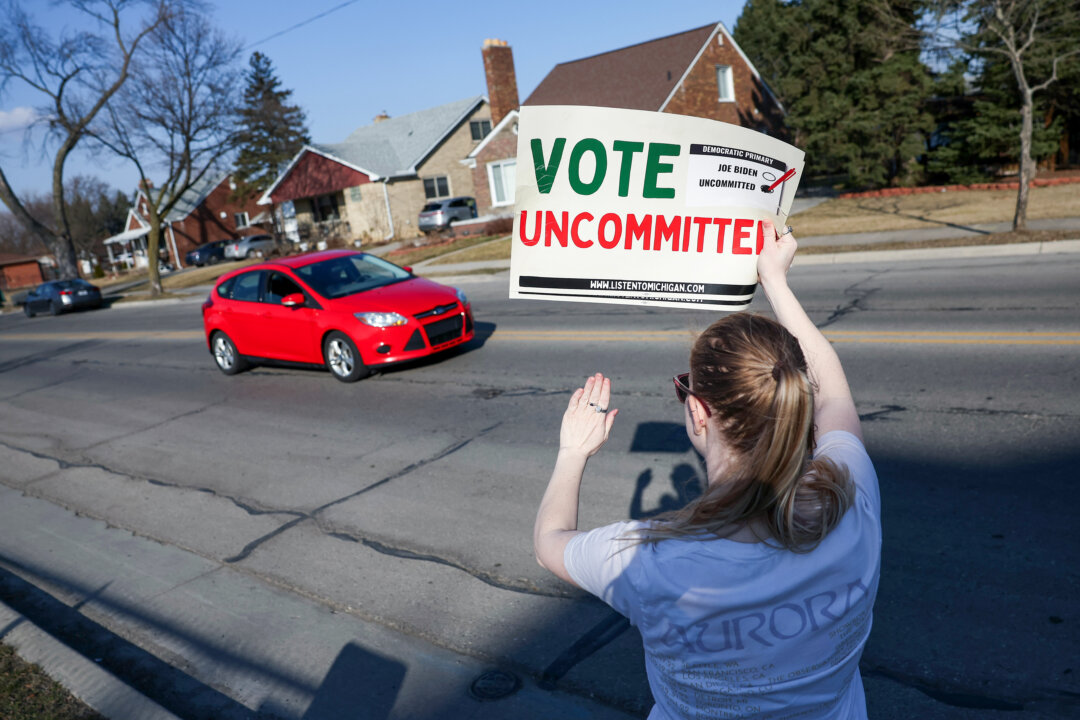
DULUTH — Gunnar Johnson and Shawn Reed have both been attorneys in the Northland for more than a quarter-century. On initial glance, their resumes share some similarities, each citing significant experience in both civil and criminal law. But as the two men face what Reed describes as a “job interview” with voters this fall, the candidates are seeking to highlight unique qualifications they would bring to the role of judge.
ADVERTISEMENT Their paths do differ in a few ways. Notably, Johnson has spent many years in leadership roles and representing government agencies, while Reed’s practice is heavily focused on courtroom work. “I think I bring a very diverse and broad level of experience working throughout this entire district,” Johnson said, “whether it's trying cases in Grand Marais, working with the City Council in Two Harbors, representing the fire department down in Cloquet, or working with townships throughout St Louis County.

” Reed, meanwhile, believes he has an advantage because he already spends most days in court, handling the same types of cases and working with the same personnel as he would on the bench. “I think it makes all the difference,” Reed said, “because if you have to learn on the job, cases are going to slow down. People deserve to have cases move forward because cases take long enough as it is.
I’ve been telling people: Justice delayed is justice denied.” Having emerged from a tight, five-way primary field, the two lawyers will square off in the Nov. 5 general election for a six-year term on the 6th Judicial District bench.
While the position is chambered at the Duluth courthouse, it appears on the ballot throughout St. Louis, Carlton, Lake and Cook counties. The rare, open election was triggered by Judge Dale Harris’ decision to step down at the end of his term.
It’s the first election without an incumbent in the district since 2010, and the first at the Duluth courthouse since 1998. Deep roots in Northland legal system Johnson, a 1990 University of Minnesota Duluth graduate, studied law in Washington, D.C.
, and gained experience clerking in the U.S. Department of Justice and with an Alaska trial court judge.
ADVERTISEMENT In between stints in private practice, he served seven years as an assistant Minnesota attorney general at the Department of Iron Range Resources and Rehabilitation and nearly 12 years as Duluth city attorney. Johnson, 56, of Gnesen Township, is now the appointed attorney for the city of Hermantown, Cloquet Area Fire District and several area townships. He also provides student legal services at UMD and has handled an array of business, employment, environmental and real estate law, along with estate planning Reed, an Esko native and 1993 UMD graduate, studied law in the Twin Cities and gained some initial prosecution experience in the metro counties, but quickly set his sights on Duluth.
Working exclusively in the area since 1997, his duties include serving as city prosecutor for Hermantown and Proctor. But, his practice is unique in that he also does some criminal defense work — getting the benefit of seeing cases from both sides, often on the same trip to court. Reed, 53, of Midway Township, also has extensive civil experience and was once a finalist for an appointed judgeship.
He said about 60% of his practice is dedicated to business litigation, family law and appeals. Candidates debate differences Reed’s campaign recently combed through decades of case data publicly available on the Minnesota Court Records Online website. Their assessment turned up 11,358 cases associated with his name, compared to just 91 for Johnson.
The count doesn’t necessarily capture the true extent of each man’s work, for a variety of reasons, but Reed said it illustrates his personal level of involvement in trying cases. ADVERTISEMENT He also touted the backing of area attorneys. Reed earned 69% of the support from 6th District attorneys who participated in a survey conducted by the Minnesota State Bar Association.
“Being in the courthouse, talking to people that are going through things, having legal issues — that kind of helps you on what to do next and how to run a courtroom,” he said. “That’s why I believe, in this campaign, actual courtroom experience is so critical.” Johnson, though, argued there is a lot more that goes into being a successful judge than logging hours in the courtroom.
As Duluth city attorney, he said he oversaw the prosecution of about 10,000 cases each year — the largest volume user of the 6th District. He was also involved in complex issues, like shutting down the Last Place on Earth head shop that sold synthetic drugs. He hired many lawyers, including Theresa Neo and Steve Hanke, both of whom were later appointed judges.
Johnson is also a hearing officer for the Housing and Redevelopment Authority of Duluth — a role similar to a judge in that he is tasked with reviewing evidence and arguments related to tenants’ disputes with the agency and quickly turning around written rulings. “Sure, there’s something to (being in the courtroom),” he said, “but it’s the law that’s important. People can figure out how to do a hearing.
It's making a decision based on what you learn in that hearing that I think is critical.” Johnson also addressed his 2020 departure from the city of Duluth in an interview with the News Tribune. ADVERTISEMENT His resignation came after a Twin Cities law firm was retained to investigate complaints in the workplace.
The final report criticized certain “lax management practices” and friction within the office but exonerated him of other allegations. Johnson noted his tenure in the role was much longer than average. He said frustrations stemmed from his push for better outcomes in domestic violence and impaired driving cases, which were always resolved by plea agreements.
“They’re not easy cases to try, especially domestic violence cases with victims,” he said. “But if you won’t go to trial, it’s hard to get the results. It’s like playing poker and you fold every time.
I’ve always stood up, I’ve always done what I think is right, and it’s not always easy.” Making the final pitch In recent interviews and at a forum hosted by the News Tribune and Duluth Area Chamber of Commerce, both candidates vowed to serve in a nonpartisan, fair-minded capacity. Reed said he sees issues in the judicial system with both civil litigants and criminal defendants struggling to obtain representation, and he said cases “need to move along at a more quick pace.
” “This is a very important election because judges make decisions that impact you on a personal level,” Reed said. “I believe I'm the best choice because I do have the extensive courtroom experience.” Johnson argued he has a proven track record of helping the courts improve access to justice through his leadership roles and wants to continue his long career in public service.
ADVERTISEMENT “I can drive throughout this entire 6th Judicial District and look at projects and disputes I have worked on over the years,” he said. “That’s very fulfilling, and I hope to bring that to the bench here in November.”.














